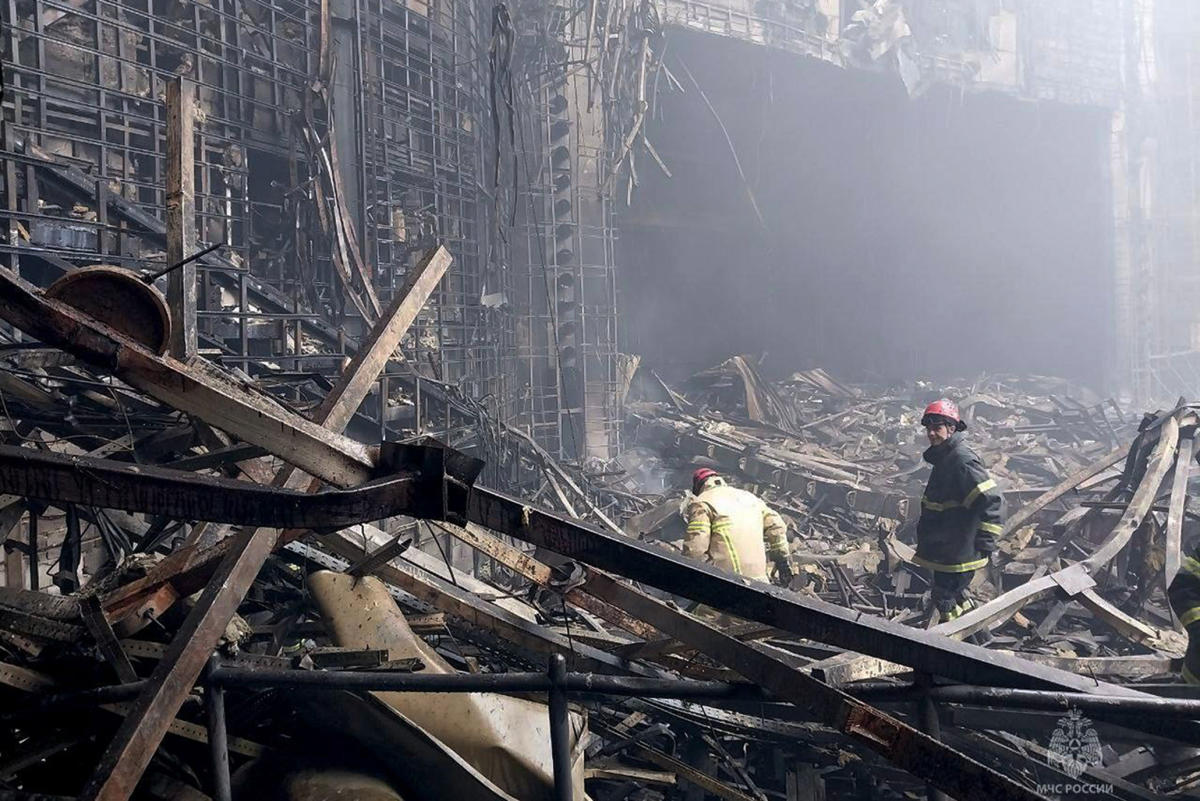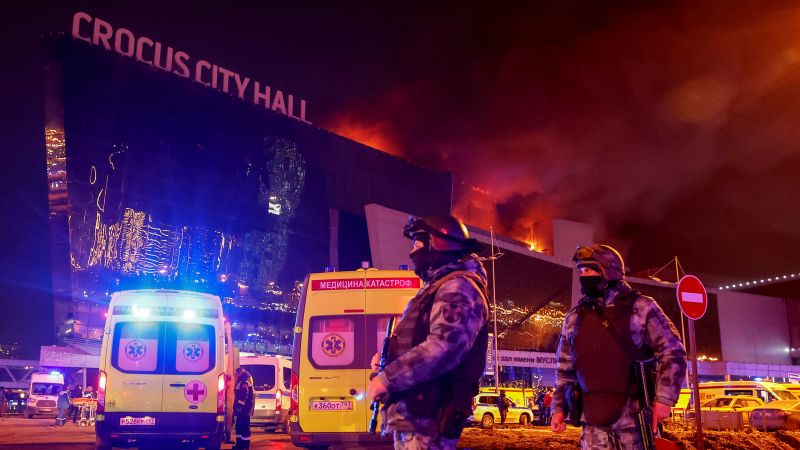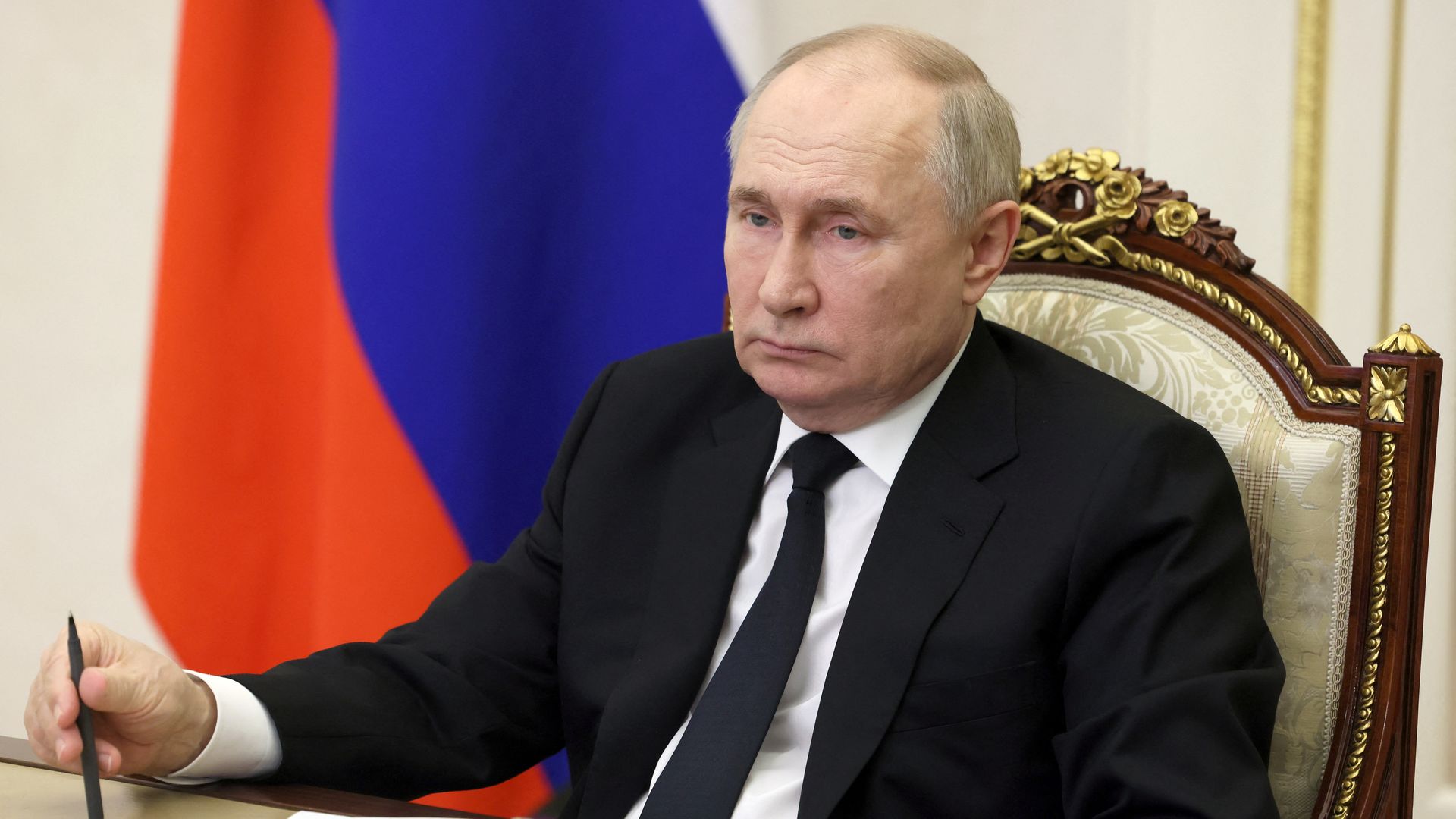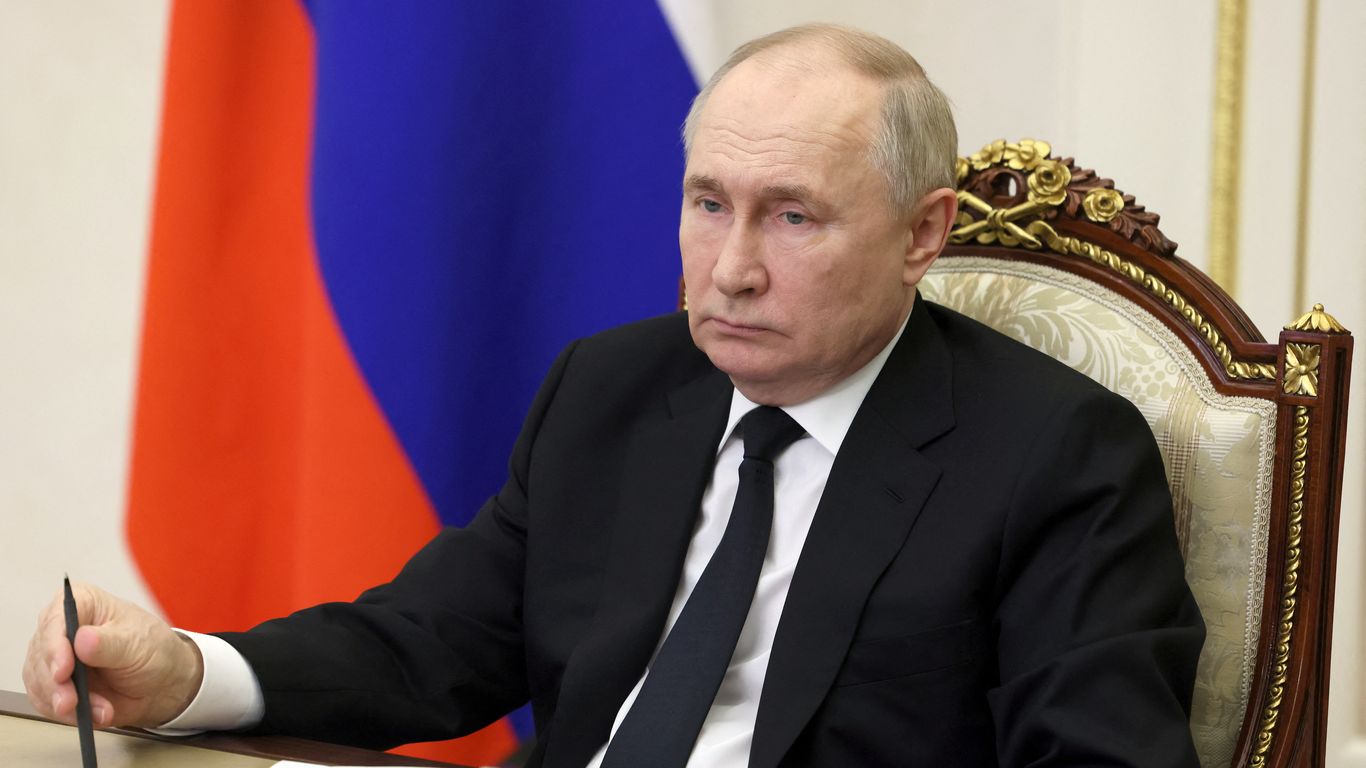
On March 26, 2024, a terrorist attack occurred at the Crocus City Hall in Moscow. The attack claimed the lives of over 137 people and was carried out by four men from Tajikistan who were caught near Russia's border with Ukraine on either temporary or expired visas. ISIS has claimed responsibility for the deadly incident, which is considered one of the deadliest terror attacks on Moscow in decades. The attack took place two weeks after a warning from US intelligence to Russian President Vladimir Putin about an imminent plan by extremists to carry out such an attack.






